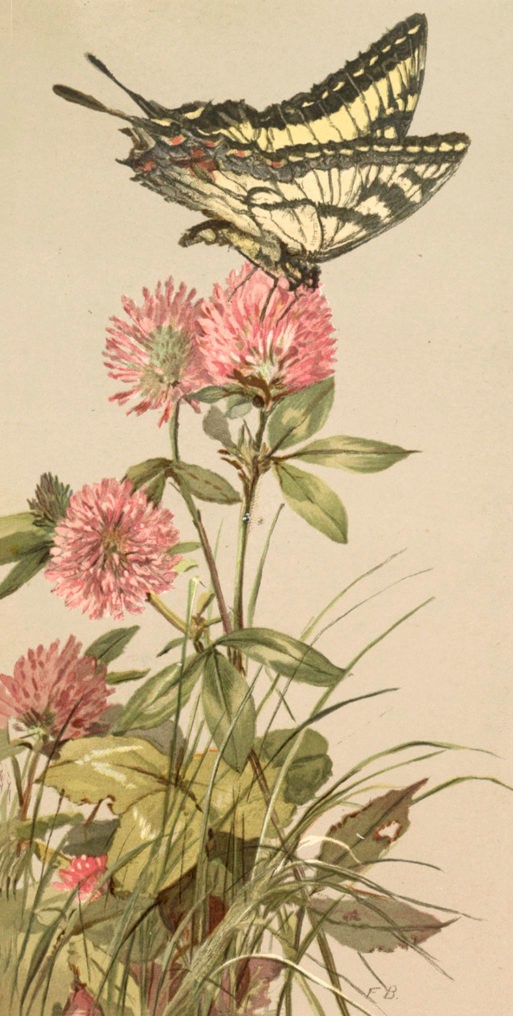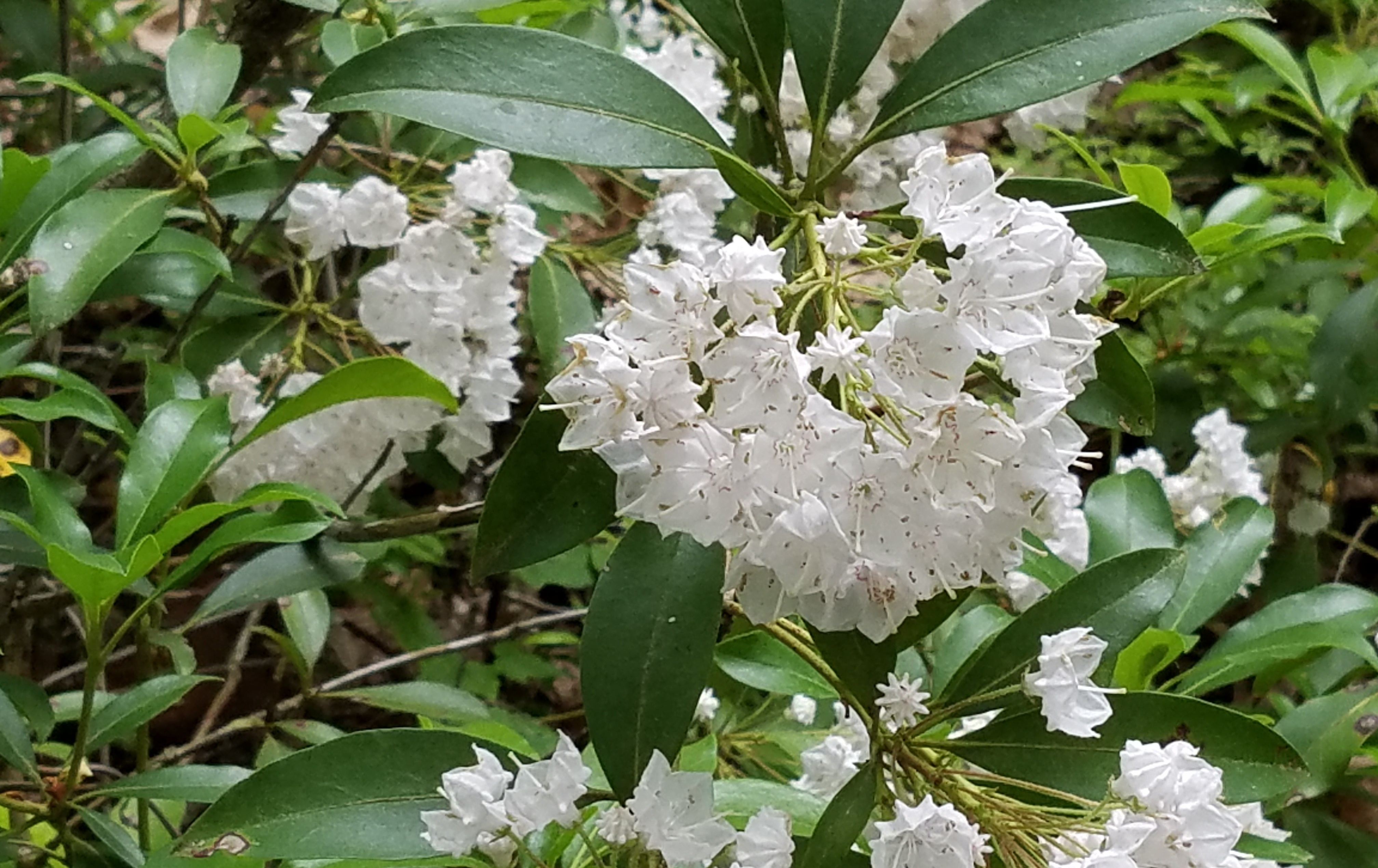Kai sits on the stool next to me, her wide lips red, the fine lines around her eyes showing that she hasn’t slept really well for a few days. We drink and smoke, because that is what we do at Murphy’s, and that alone marks this as memory. Bob-the-bartender, who flirts with me whenever he is safely behind the bar, keeps the Harps coming. The Friday night crowd swells behind us, but we are regulars, so these damn stools are ours. Live music starts, but there’s nothing special about the duo. No angelic voices, and too much crap-Irish-bar favorites. Seriously, when did “Puff the Magic Dragon” become Irish? Kai’s eyes dance and we talk about everyone we see, she talks about Jarbo, I talk about divorce, she laughs at something I say, and I love the smokey rasp the bar gives to our voices. I am 28-years-old; she is somewhat older. I do not know exactly because we never talk about the past in any concrete way. Kai and I exist in the now, this moment, no worries except if Jarbo will show and if Bob will ever come past that wall of oak and brass.
We see the two young soldiers pushing through the crowd toward us. Pale heads, fresh crewcuts, unlined faces, and nervous eyes. Babes in Murphy’s on a Friday night. Lord help them. They try so hard to be older than they are, but to us they are children, and we both feel motherly toward them. We get Bob to bring them drinks: I purr something at him and he doesn’t ask for IDs. They start to think they are making headway, and Kai asks the blonder one, just how old are you? He stammers, and I ask the darker one, just how old are we? He balks, and we laugh gently, and launch them toward younger women here and there. Watching them ford the crowd, we think for a moment this is unusual, something that we should remember and write about, a scene for a novel, or a play. Definitely not poetry, we laugh.
Jarbo arrives very late. He stumbles into Kai, and says something unmemorable. The old night clouds with too much smoke and my throat aches from shouting over the other voices. I watch Kai tend to the scrawny man and wonder for the thousandth time what exactly binds her to him. Bob-the-bartender slips away without me noticing. Final call, and another Friday night at Murphy’s ends.
The scene never made it into any novel. Kai finished her MFA; I did not. Jarbo died in the late 1990’s never having divorced his phantom wife, as far as I can tell. I did finally look up his art – a sculpture of Don Quixote, a bas-relief in a church, a bust in the Smithsonian – and perhaps I now see that there was something to him that made that drunken, decrepit person into an artist Kai could adore. I moved away; Kai eventually settled down south. I found her years later on facebook, and we made a few comments on posts here and there, but she never spent much time on facebook. So I did not notice that she stopped posting. I tagged her in something last year, but did not look to see if she noticed. Our relationship lived in that long ago “now” so completely that we never adjusted to being friends moving forward through the years.
Kai’s sister posted a picture last week that said “Missing Kai.” It slipped through the algorithm to my feed, and I thought, has she moved again? No. Or yes, completely. Kai died almost three years ago, close to my birthday. How can you process knowing that someone so vibrant ceased and you never felt her passing? In a very real way, Kai still sits on a worn barstool, her lovely face wreathed in smoke, and we are laughing; nothing in the past tense works with my memories of her. But equally clear, I have no one like her in my life now, no absolutely present companion. I have lost the ability to create the perfect world of one moment, and instead live a diminished, sensible life of past-present-future.
Kai’s facebook page remains open, as if she has just stepped away for a bit, and will return shortly. Facebook displays a decidedly warped sense of humor where the dead are never truly gone. I can tell when Bob Dylan won the Nobel Prize just by counting the videos on her feed. Ernest Hemingway and Harper Lee are there as well, speaking words of wisdom about the craft of writing. And then I find an old video of Modern English singing “I Melt With You” and I am suddenly young and dancing with Kai. Finally I scroll past enough posts to reach Adrienne Rich mourning the dead. “Be kinder to yourself.” I stop reading Kai’s entries.
This is now the world in which Kai is dead. It is a novel that I don’t know how to write, but it is a novel that I write all the same.
For the Dead
by Adrienne Rich
I dreamed I called you on the telephone
to say: Be kinder to yourself
but you were sick and would not answer
The waste of my love goes on this way
trying to save you from yourself
I have always wondered about the left-over
energy, the way water goes rushing down a hill
long after the rains have stopped
or the fire you want to go to bed from
but cannot leave, burning-down but not burnt-down
the red coals more extreme, more curious
in their flashing and dying
than you wish they were
sitting long after midnight

 Yet, when I dream of spring, I dream of seed catalogs. I begin to covet the black trays from Lowes and Home Depot, the entire systems of grow lights and plastic humidity shields, the peat pots and bags of seed starter mixes, the vermiculite. I want to check my growing zone against a Rodale Institute map, and I pull out my ancient copy of a Mother Jones published planting guide. I look at the deer-proof, raised garden plans that should require a building permit from any town council, and with them the equally wonderful chicken coops that anyone (except my husband) must find charming. I think about corn growing tall and thick enough to hide multitudes of scary creatures, I imagine squashes and cucumbers vining around cedar teepees, and I breathe in the reek of imaginary tomato plants and basil, growing into one another with abandon. My seed dreams are Eden come to fruition again.
Yet, when I dream of spring, I dream of seed catalogs. I begin to covet the black trays from Lowes and Home Depot, the entire systems of grow lights and plastic humidity shields, the peat pots and bags of seed starter mixes, the vermiculite. I want to check my growing zone against a Rodale Institute map, and I pull out my ancient copy of a Mother Jones published planting guide. I look at the deer-proof, raised garden plans that should require a building permit from any town council, and with them the equally wonderful chicken coops that anyone (except my husband) must find charming. I think about corn growing tall and thick enough to hide multitudes of scary creatures, I imagine squashes and cucumbers vining around cedar teepees, and I breathe in the reek of imaginary tomato plants and basil, growing into one another with abandon. My seed dreams are Eden come to fruition again.
 Satire, an old friend of mine, always brings to mind Jonathan Swift’s “A Modest Proposal.” Yes, that essay where the satirist suggested curing poverty and that damn Irish problem in a two-for-one solution of eating Irish children, who were described as very tender meat at the age of one. (Luckily for Swift, the reading public of his time did seem to actually read his essay before trashing it and him, unlike the current viewing public that is too busy to spend 19:17 to verify what was said by a comic satirist.) So according to the venerated Oxford English Dictionary, stodgy olde satire is “(a) poem or (in later use) a novel, film, or other work of art which uses humour, irony, exaggeration, or ridicule to expose and criticize prevailing immorality or foolishness, esp. as a form of social or political commentary.” To be fair, I also checked the Urban Dictionary to see if any new meanings have evolved. I was surprised at the restrained tone it presented by defining satire as “(t)he art of sarcasm typically directed from events that take place in the world. Much like a caricature of the human race. Usually it is done through comedy, but sometimes it is just as serious as the event itself.”
Satire, an old friend of mine, always brings to mind Jonathan Swift’s “A Modest Proposal.” Yes, that essay where the satirist suggested curing poverty and that damn Irish problem in a two-for-one solution of eating Irish children, who were described as very tender meat at the age of one. (Luckily for Swift, the reading public of his time did seem to actually read his essay before trashing it and him, unlike the current viewing public that is too busy to spend 19:17 to verify what was said by a comic satirist.) So according to the venerated Oxford English Dictionary, stodgy olde satire is “(a) poem or (in later use) a novel, film, or other work of art which uses humour, irony, exaggeration, or ridicule to expose and criticize prevailing immorality or foolishness, esp. as a form of social or political commentary.” To be fair, I also checked the Urban Dictionary to see if any new meanings have evolved. I was surprised at the restrained tone it presented by defining satire as “(t)he art of sarcasm typically directed from events that take place in the world. Much like a caricature of the human race. Usually it is done through comedy, but sometimes it is just as serious as the event itself.”
 A good dog, yes, but a perfect dog? I had lost a perfect dog, and waited for a year and a half before even considering another. After a horrific ice storm in Kansas City, when Conor was barely out of toddlerhood, we found Bernard in a crate of puppies at a shelter meet-and-greet in a mall hallway. He was the saddest, biggest black-and-white puppy I had ever seen, and so he came home with me. His parentage was suspect, but the shelter folk thought there might be a chance that his father was a St. Bernard, hence explaining his size, and our name for him. His father might have been many things, but not that. Part Border Collie (the stare!), part German Shepherd (the fur), part Labrador (most of his face), and part Everydog – that was our Bernard.
A good dog, yes, but a perfect dog? I had lost a perfect dog, and waited for a year and a half before even considering another. After a horrific ice storm in Kansas City, when Conor was barely out of toddlerhood, we found Bernard in a crate of puppies at a shelter meet-and-greet in a mall hallway. He was the saddest, biggest black-and-white puppy I had ever seen, and so he came home with me. His parentage was suspect, but the shelter folk thought there might be a chance that his father was a St. Bernard, hence explaining his size, and our name for him. His father might have been many things, but not that. Part Border Collie (the stare!), part German Shepherd (the fur), part Labrador (most of his face), and part Everydog – that was our Bernard.
 But you cannot keep a man from dreaming. For my Dad, a good vacation did not involve a car at all. It involved a lake. And it did not involve meeting new people and learning about exotic locations. It meant having a guy named Louie living just down the lake a bit, a guy you worked with and even travelled with to all those landfills scattered around the country. The lake should be a small one, and there needed to be a row boat for fishing, and a dock for the kids to jump off. He did not worry too much about what the cabin looked like, or if Mom was going to enjoy all the cleaning and cooking that a vacation at a lake would entail. His cohort, Louie Wheeler had a place on Demmon Pond, and so for two years the Hannigan clan became Lake People.
But you cannot keep a man from dreaming. For my Dad, a good vacation did not involve a car at all. It involved a lake. And it did not involve meeting new people and learning about exotic locations. It meant having a guy named Louie living just down the lake a bit, a guy you worked with and even travelled with to all those landfills scattered around the country. The lake should be a small one, and there needed to be a row boat for fishing, and a dock for the kids to jump off. He did not worry too much about what the cabin looked like, or if Mom was going to enjoy all the cleaning and cooking that a vacation at a lake would entail. His cohort, Louie Wheeler had a place on Demmon Pond, and so for two years the Hannigan clan became Lake People. Until he had an idea. He rowed the boat over into a weedy, shallow area of the lake. The water was murky there, full of green fronds, and some flat lily pads. This was where all the insects lived as well: mosquitos, gnats, water skaters, little green flies, and big hairy black flies. Cheri and I were smacking bugs off each other, and beginning to whine. But the man who had challenged Washington traffic paid us little attention. He stared at the water and reached for his net. Quick as can be, the net slipped through the water and caught a frog. It is important to note that while I did not love fish, I did love frogs. Children learn all about frogs, from pollywog to tadpole and beyond every year in science class. Even the names of the frog life stages are cute, cuddly words. I did not know until that day that frogs could be food.
Until he had an idea. He rowed the boat over into a weedy, shallow area of the lake. The water was murky there, full of green fronds, and some flat lily pads. This was where all the insects lived as well: mosquitos, gnats, water skaters, little green flies, and big hairy black flies. Cheri and I were smacking bugs off each other, and beginning to whine. But the man who had challenged Washington traffic paid us little attention. He stared at the water and reached for his net. Quick as can be, the net slipped through the water and caught a frog. It is important to note that while I did not love fish, I did love frogs. Children learn all about frogs, from pollywog to tadpole and beyond every year in science class. Even the names of the frog life stages are cute, cuddly words. I did not know until that day that frogs could be food.